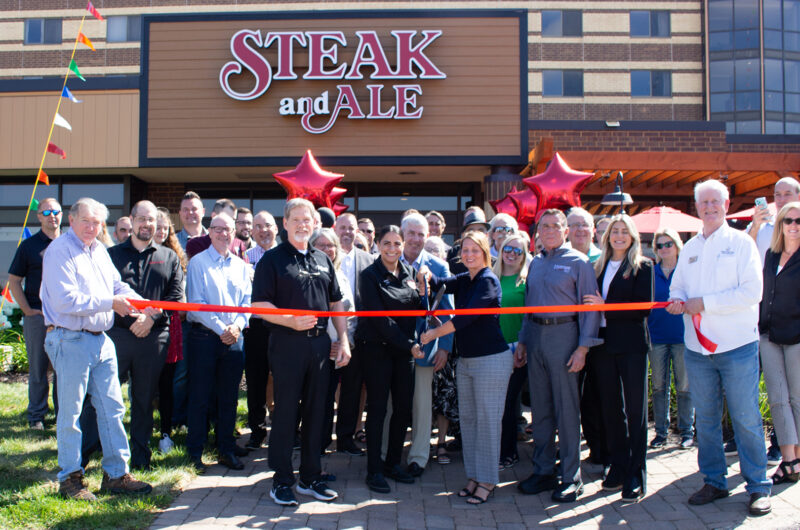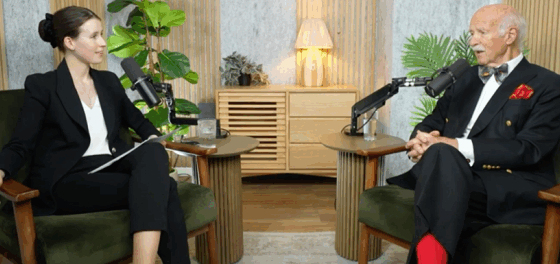When the World Cup arrives in a host city, the surge in demand is unlike any other global event. With stadiums welcoming 50,000 to 80,000 fans at a time and some destinations offering as few as 13,000 hotel rooms, the hospitality industry faces both an opportunity and a challenge. Revenue managers are at the center of this challenge, responsible for transforming unprecedented demand into sustainable profitability. We have outlined a framework of strategies to help hoteliers navigate this moment.
1. Build a Match-Day Calendar
Successful planning begins with visibility. Every scheduled match in or near the market should be mapped, along with the days just before and after. These shoulder dates often see spikes in arrivals and departures. A well-structured event calendar shared across departments ensures alignment on staffing, inventory, and pricing. Demand forecasting, particularly when enhanced by AI, provides the precision needed to anticipate surges beyond the obvious match days.
2. Measure Supply Versus Demand
The imbalance between stadium capacity and local hotel stock is a critical metric. For example, a stadium with 60,000 seats in a city with only 30,000 rooms creates intense pressure. In such cases, minimum stays, premium pricing, and early cut-off dates become necessary. Conversely, in cities where room supply is higher than stadium demand, differentiation through unique packages, direct booking benefits, and loyalty-driven offers is essential. Treating supply–demand ratios as strategic levers allows hotels to adapt rather than react.
3. Protect Revenue with Strong Policies
Cancellations and no-shows are significant risks during large-scale events. Implementing stricter booking policies—such as non-refundable deposits or full prepayment—at least a year out helps protect revenue and secure early commitments. Tailoring these policies to guest segments, such as international visitors booking far in advance versus domestic travelers booking closer to the event, enhances both fairness and effectiveness.
4. Optimize Length of Stay
Implementing minimum length-of-stay (LOS) requirements—such as a three-night minimum that includes a high-demand event night—helps prevent those peak nights from being taken by one-night bookings. This strategy allows hotels to maximize revenue across the full event period rather than focusing solely on the peak night.
However, it’s crucial to monitor RPI across all nights within the required stay pattern to ensure that your LOS strategy isn’t compromising competitiveness on shoulder nights.
5. Package the Experience
For World Cup travelers, a hotel stay is part of the overall journey. Thoughtfully designed packages—combining rooms with transportation, fan experiences, or flexible check-in/check-out times—create added value while driving ancillary revenue. Beyond maximizing revenue per room, these offers improve guest satisfaction and set properties apart in highly competitive markets.
6. Balance Distribution Channels
Channel management is especially critical during events of this scale. Closing certain OTAs for high-demand dates and reserving inventory for direct bookings can significantly improve profitability. Rate parity must be maintained, but unique value-adds such as breakfast or stadium transfers can be offered on direct channels to incentivize guests. An optimized channel mix ensures both margin protection and access to valuable customer data.
7. Anticipate Booking Curves
Booking behaviors vary between international and domestic guests. International fans often commit 12 to 18 months in advance, while domestic travelers typically reserve rooms closer to the event—between three and one month out. Recognizing these patterns allows hotels to open high-rate early inventory while maintaining some capacity for later bookings. This segmentation ensures the right guests are targeted at the right time.
8. Monitor Competitors Closely
Competitor pricing and availability should be monitored weekly, shifting to daily as the event nears. Real-time market intelligence tools provide visibility, but proactive communication with other revenue leaders in the market can also uncover valuable insights. The ability to quickly adjust strategy based on competitor movement is essential to staying ahead.
Beyond rate tracking, it’s equally important to analyze segment contribution percentages within your market data. A rising share of transient business typically signals strong individual demand and supports aggressive pricing strategies. On the other hand, a high contribution from group bookings may indicate that base demand is consuming available supply early—often a bearish signal for further rate growth. Monitoring these shifts in segment dynamics ensures you’re not just reacting to rates, but also to the quality of demand driving them.
9. Evaluate Group Deals with Care
Large requests from tour operators and sports agencies can be tempting, but discounted group rates may displace higher-yielding business. A disciplined evaluation of displaced revenue ensures that group contracts are only accepted when they contribute positively to total profit. This broader approach—moving beyond RevPAR to total revenue and profit management—takes into account ancillary spending and acquisition costs across all segments.
10. Prepare Operations in Advance
Revenue management does not operate in isolation. Operational teams—including housekeeping, F&B, and maintenance—should be briefed well in advance of match days. Service quality becomes even more critical during high-pressure periods, as operational missteps can quickly translate into negative guest reviews. Workforce planning tools can assist in matching staffing levels with anticipated demand while protecting service standards.
11. Leverage AI, Retain Human Oversight
AI has transformed revenue management by enabling precise forecasting, dynamic pricing, and real-time segmentation. These capabilities are invaluable during an event as complex as the World Cup. However, human judgment remains critical. Data fragmentation, evolving circumstances, and ethical considerations all require oversight. AI should be seen as an enabler that automates routine processes, freeing revenue managers to focus on strategic decisions.
The Bigger Picture
The World Cup serves as both a stress test and an opportunity for revenue management. Hotels that combine disciplined planning, data-driven agility, and cross-departmental coordination are positioned not only to maximize short-term profitability but also to strengthen long-term brand equity. Guests who feel their stay was designed around their experience will return long after the tournament ends. For revenue managers, success during the World Cup is not just about filling rooms—it’s about building sustainable advantage.








